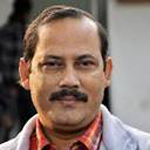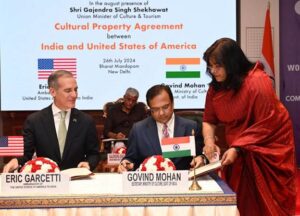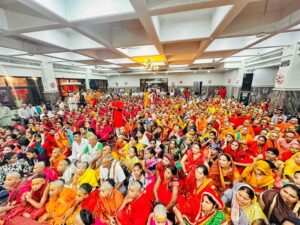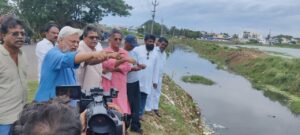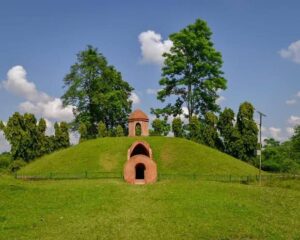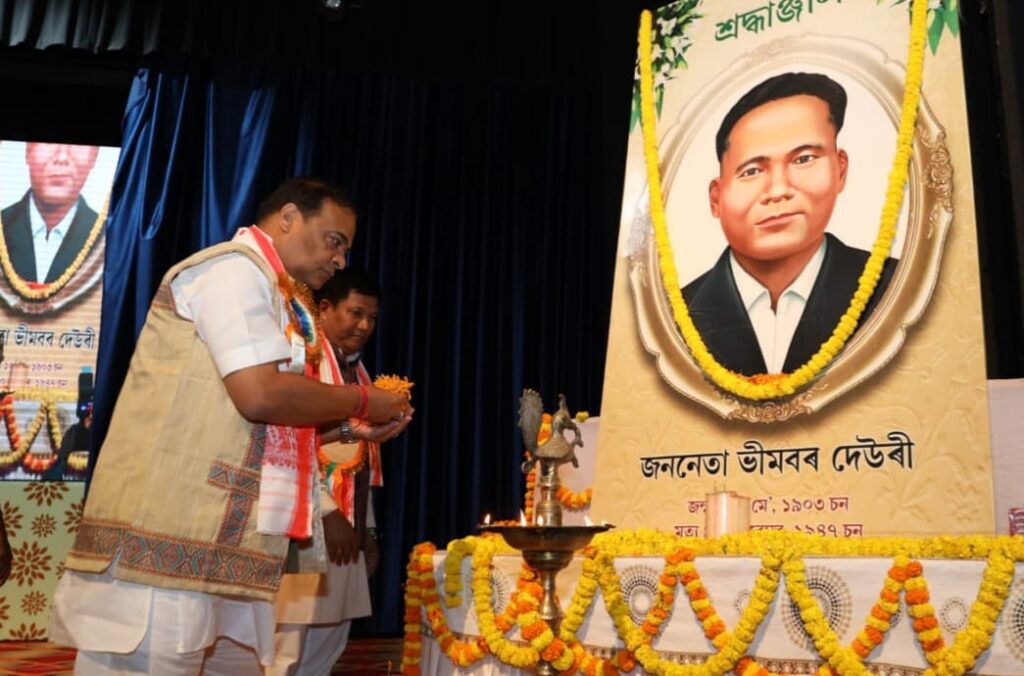
Guwahati: Bhimbar Deuri (16 May 1903 – 30 November 1947) was a successful lawyer, who fought against the British officers in accommodating due space for the tribals in general and common residents in general.
One of the prime architects of Khasi Darbar Hall Resolutions (21–23 March 1945), where various ethnic leaders resolved for independence, Bhimbar Deuri also played a leading role in forming the Assam Backward Plains TribalLeague (1933). An undisputed leader among different tribes in Assam, Bhimbar Deuri insisted on sanctioning land pattas to indigenous Assamese families, primary education to every child and adequate political patronage to the deprived section in the society.
A dedicated tribal leader turned true nationalist Bhimbar Deuri was recently remembered for his extraordinary contributions to the country, while it was preparing to adopt a new identity as a sovereign nation after decades of foreign rule. Patronaged by the Assam government’s cultural affairs department and initiated by the Deuri Autonomous Council (DAC), All AssamDeuri Students’ Union (AADSU) along with the concerned residents of Guwahati, the Bhimbar Deuri Divas was graced among others, by State Chief Minister Himanta Biswa Sarma along with State Legislative Assembly Speaker Biswajit Daimary, on 30 November 2023.
Chief Minister Sarma, who unveiled the statue of Bhimbar Deuriand a bhawan at Borbari in the city virtually from the dais, paid floral tribute to the most popular leader from the indigenous community of Assam before delivering his elaborate speech. He termed Bhimbar Deuri as a visionary personality who always raised voices for the benefit of indigenous people. Maintaining a strong stand against the infiltrators, Bhimbar Deuri played a vital role along with Assam’s first chief minister Gopinath Bordoloi in dismantling the conspiracy of British colonial forces to include the region in East Pakistan (now Bangladesh) during the partition. Bordoloi termed him as a jana neta(people’s leader).
A souvenir was also published on the occasion, where many articles highlighting different aspects of Bhimbar Deuri’s life and struggles were incorporated. Edited by award-winning writer Bipul Deuri, the souvenir reprinted some articles penned by veteran personalities like Nibaran Bora, Golap Borbora, Medini Choudhury, and Indibar Deuri among others. It also comprises thought-provoking pieces by eminent author-scholars namely Hiren Gohain, Udayaditya Bharali, AnilBharali, Paramanda Majumder, Mayur Bora along with Dilip Patgiri, Adip Kumar Phukan, Ratneswar Deuri, Soranan Deuri, Nandeswar Deuri, AnupKumar Deuri, Hem Ranjan Deuri, Subanti Deuri, Rupjyoti Konwar, Ratneswar Basumatary, Bhadreswar Deuri, Niroj Kr Raimedhi, and Binu Deuri Barua.
In my speech as the assigned speaker, I emphasized recognizing Bhimbar Deuri at the national level with a national award. Moreover, his contributions should get their space in the history of India’s freedom movement. The educational institutions may consider academic research on his activities and an annual lecture will be an important tribute to the great social equaliser. At the same time, Assam should start debating over an Upper House (Bhimbar Deuri was also a member of the Assam Legislative Council in the pre-independence era), so that the tribals and underdeveloped communities with tiny populations can enjoy the political space they deserve.
*Senior journalist


